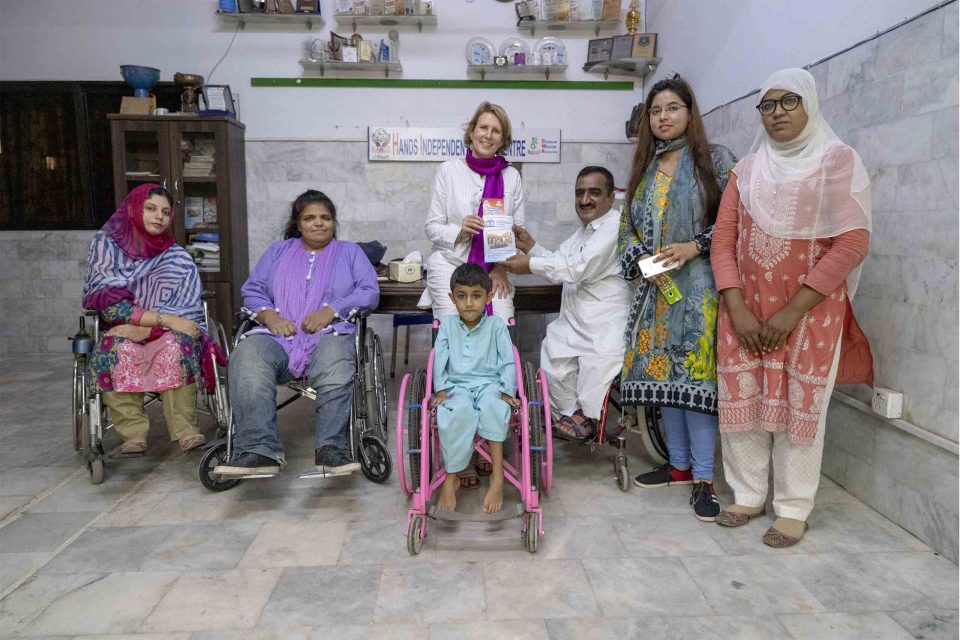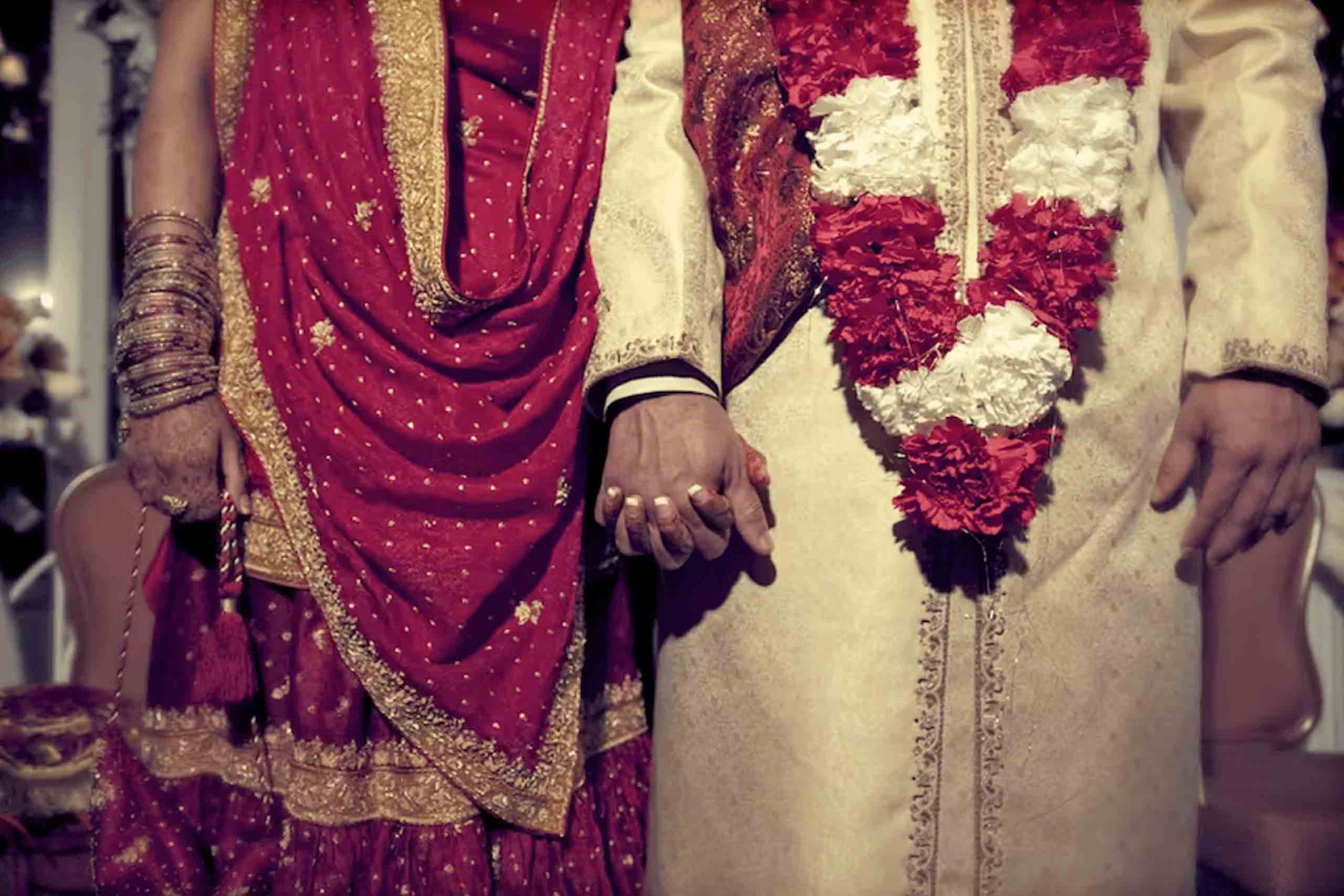Calling for a ban on cousin marriages in the UK – sign our petition today
Posted On May , 2023


Image by Journalism Grants
For more than 400 years, consanguineous marriages have been legal in Britain. Marrying relatives no more distant than second cousins was the norm back in the day, especially within the British ruling class and land owning families, Vice writes. However, after recent scientific discoveries and debates, it is frowned upon by some parts of society.
In 2019, a review by the Bradford Children’s Safeguarding Board mentioned that marriage between cousins were the leading cause of fatal genetic conditions that led to a significant proportion of child deaths in Bradford. This issue, is not limited to the city in West Yorkshire, but has persisted for several years across the UK.
The practice, now more common in certain ethnic and religious communities, has been the subject of controversy in recent years, with some calling for greater regulation or even a ban.
Marrying someone from within the family guarantees that the wealth stays in the family, it also means that both the sides share the same socioeconomic status and cultural values. In South Asia and the Middle East, about 20-50% of marriages are between first cousins or close relatives. According to reports, cousin marriages account for around 3% of all marriages in the UK. Opponents, however, have shunned this practice which takes place to this day in the UK, mostly within the Muslim communities.
Statistics have pointed out the several health effects of cousin marriages. Children born to first cousins have a higher risk of congenital abnormalities and genetic disorders compared to those born to unrelated parents. Former Labour politician Ann Cryer had mentioned, “In our local school for deaf children, half the pupils are of Asian origin, though Asians only form about 20% of the population.”
According to a research paper published by Ajaz et al. in 2015, the risk of birth defects in children born to cousins is about 4-6% higher than in the general population. Children born as a result of cousin marriages have a higher risk of inheriting recessive genetic conditions, such as cystic fibrosis, sickle cell disease, and thalassemia.
Ruba Bibi and Saqib Mehmood, a couple based in the UK, were distraught when they found out that as cousins, they both were carrying a gene for an incurable condition, which meant their children had a one-in-four chance of dying in early childhood. After three of their children died of I-cell disorder, the couple were told to dissolve their marriage by family members as it was not possible for them to have children together. However, both of them decided to stay married and try IVF, which meant that they would have to wait longer due to the lengthy waiting lists. “I want it to happen quickly. If you wait for something for a long time then it’s more tempting to try naturally,” Bibi told the BBC.
In addition to physical health risks, cousin marriages have also been linked to increased risk of mental health problems. A study published in the Journal of Epidemiology and Community Health found that the offspring of cousin marriages were more likely to experience social and emotional problems, particularly if their parents were also closely related.

Image by Flickr/Tella Chhe
With both the arguments on the table, the risk posed by genetic disorders weigh much more than the status and wealth of families, as the implications and effect it has on the parents as well as other family members’ lives are dire. These children require constant care and attention, along with regular check-ups by medical professionals that can disrupt the family’s normal way of living. It has to also be stressed that many cousin marriages are forced upon the children, and many of these marriages do not end up working out.
According to a research document released by the NHS-funded Enhanced Genetic Services Project, it was stated that in Birmingham during the period between 2009 and 2010, the combined infant stillbirth and death rate among babies after inheriting genetic disorders from Pakistani cousin parents was a surprising 38 times higher than white European babies.
Considered to be one of the most thorough reports to be published on the subject, it highlights, “Almost a third of the affected children die before five years of age.
“Most of the survivors suffer chronic disability, and they are cared for by their families, posing tremendous emotional and financial strain.”
Cousin marriages are also reasons why many families in Britain are socially and culturally isolated. A counter argument to preserving family traditions and wealth is that consanguineous marriages limit individuals’ opportunities to form relationships outside of their own family, and can contribute to a lack of diversity and integration within society. This can have a snowball effect leading to more crimes and feelings of isolation among people.
As mentioned earlier, many cousin marriages are reported to be arranged by families without the consent of the individuals involved. Earlier last year, 20-year-old Bradford girl Somaiya Begum’s uncle was reported to be “incandescent with rage” after she refused to marry her cousin from Pakistan. Mohammed Taroos Khan, then took things into his own hands by brutally murdering his niece and dumping her body in a waste ground. This is evidence of how harmful the practice can be to women, who are forced into marriages against their will. Many argue that this perpetuates gender inequality and violates their right to choose their own partners.
Marriages between close relatives also pose a public health risk as they put a heavy burden on healthcare systems as well as the society. It is no secret that the UK’s National Health Service (NHS) is struggling to stay on its feet owing to the inadequate workforce, insufficient resources, long waiting hours, management problems, among others.
The question that many have asked is whether cousin marriages are worth the innumerable risks that have been time-and-again brought to the world’s notice.

Image by iStock
It is worth bearing in mind that change takes time, and there are many factors at play here which can be a combination of cultural, social and religious. But, there are some strategies that can be used to minimise risks, the first of which are public campaigns to raise awareness about the risks and drawbacks of cousin marriages that can help to dispel myths and encourage a more informed decision-making among community members. This can involve public health campaigns, community outreach programs, and educating children about the risks in schools.
In some countries, cousin marriages are illegal or restricted. Legal reforms should be considered in the UK to restrict or ban cousin marriages altogether or to introduce greater regulation and oversight, which can involve mandatory pre-marital screening to identify if there are any genetic risks of such unions.
Genetic counselling is another solution, as providing access to those in favour of cousin marriages can help them better understand the potential health risks from an evidence-based perspective and enable them to make more informed decisions.
It is time for the UK to step up and make changes to end cousin marriages once-and-for-all as we have waited for too long to see many families and children suffer. It is important that the government takes this issue into account and works with community leaders and members to develop robust strategies to address a problem that has marred the society for generations and ban it to ensure that everyone is protected by law.
At The Asian Connect we are pushing for cousin marriages to be illegal. Please support this campaign by signing our petition here, and be a part of the change that can save many lives.


By providing your details you agree that you wish to receive a regular newsletter and other marketing communications from us. Our newsletter and marketing communications will normally be sent by email. You can unsubscribe at any time by emailing us. Your personal data will be used in accordance with our privacy policy.